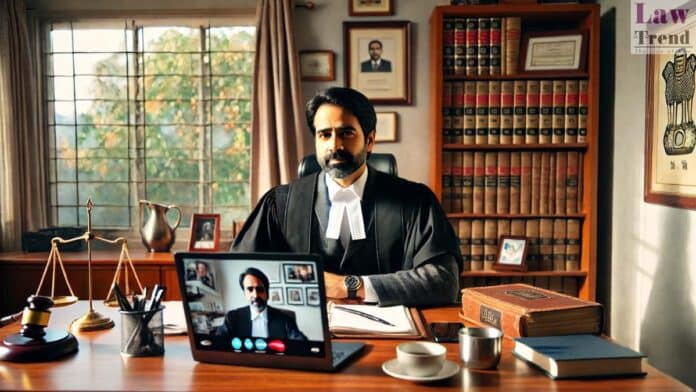In a groundbreaking judgment, the Kerala High Court, presided over by Justice V.G. Arun, emphasized the critical role of technology in judicial proceedings, particularly for facilitating virtual cross-examinations. In the case Crl.M.C.No.10447/24, the court quashed a trial court’s order denying permission for the petitioner’s counsel to cross-examine prosecution witnesses through video conferencing, citing the need




